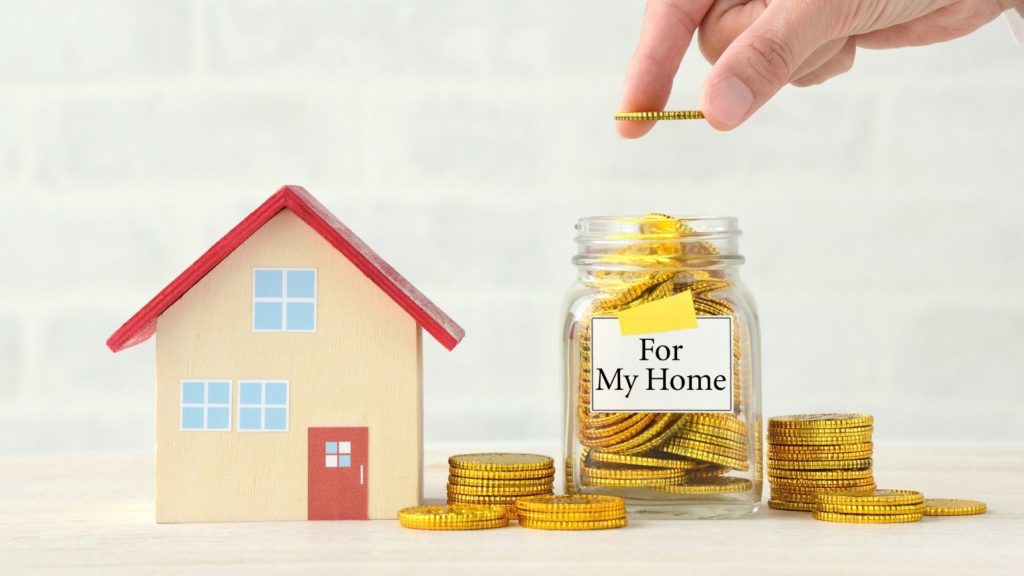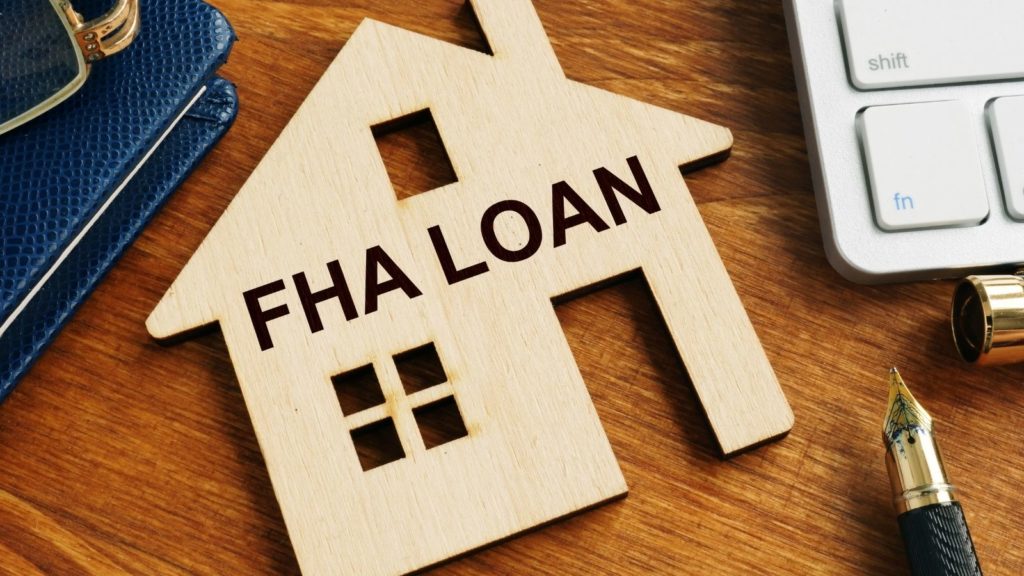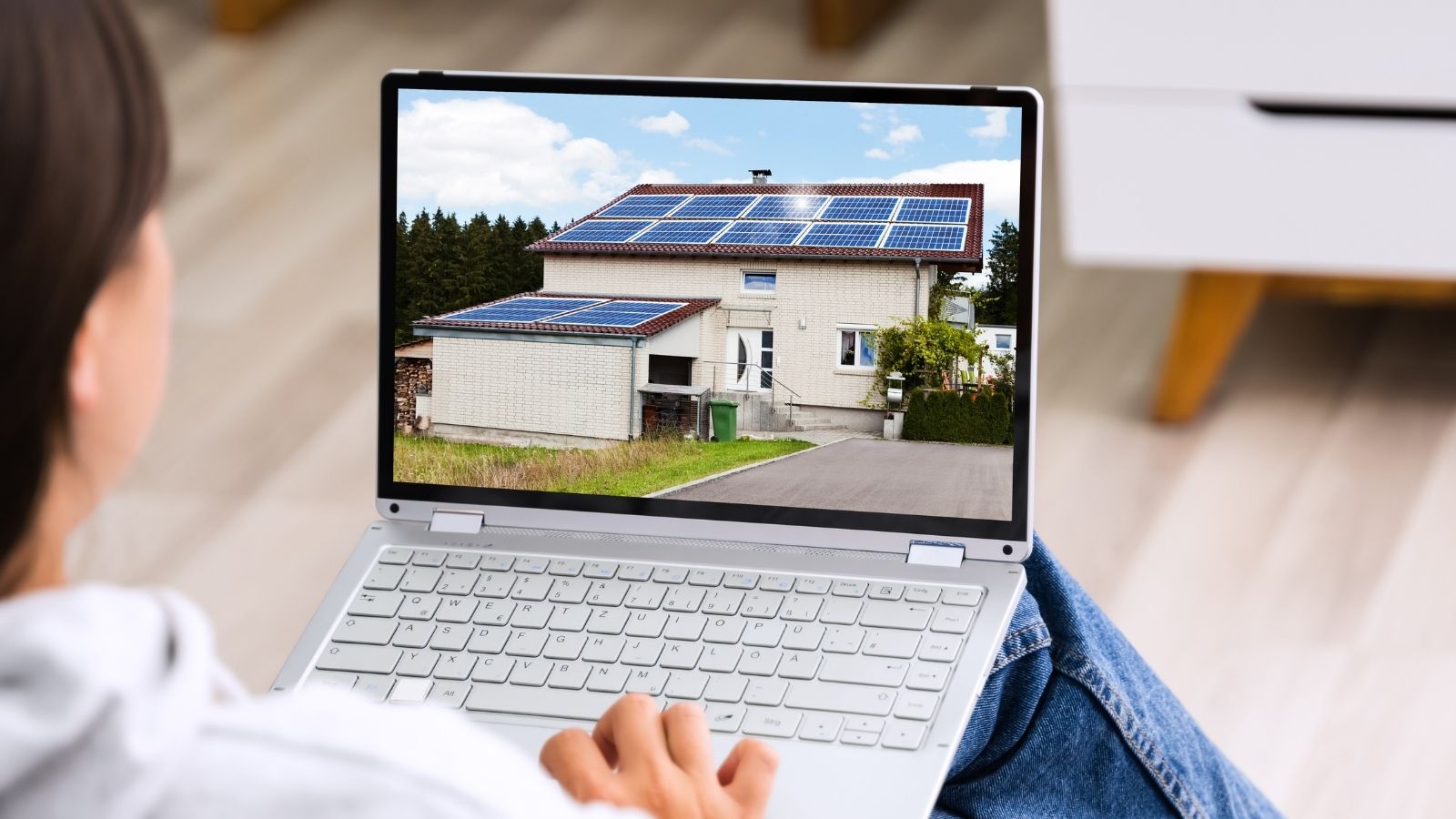Buying your first house comes with a lot of significant decisions. And, it can be as nerve-wracking as it is exhilarating, especially when you see homes being purchased at a median of around $315,000 and available homes flying off the market in less than three weeks.
With real estate trends evolving like never before, it easy to get swept up in the whirlwind of the homebuying journey and make mistakes that could hurt your financial goals and keep you paying your mortgage well into retirement.
Like any big project, a successful homebuying journey is all about getting the details right from the beginning till the end. If this is your first experience as a home buyer, or it has been many years since you last purchased a home, you should know that knowledge is power.
Here are five tips for first-time homebuyers so you know what to expect and what questions to ask.
1. Decide How Much House You Can Afford
Before you get emotionally attached to a stunning house, it is essential you check your budget to figure out how much home you can afford. You should look at your monthly budget and ensure you leave room for other things. Meaning, your monthly housing costs shouldn’t go beyond 25 percent of your monthly take-home pay.
For instance, if you bring home $5,000 a month, your maximum monthly house payment should be around $1,250.

However, you should remember that property taxes and homeowner’s insurance will also affect your monthly payment. So, you will also have to consider those numbers before settling on a maximum home price.
The property tax rates and the cost of homeowner’s insurance keep varying. So, reach out to your real estate agent and insurance company for estimates and then calculate how much house you can afford.
2. Start Saving Early
When saving for a home, there are a lot of things you should consider. This includes down payment, closing costs, and move-in expenses.
Down Payment – Your down payment will vary depending on the lender and type of mortgage you choose. A few conventional home loans made explicitly for first-time homebuyers with a good credit score allow as little as three percent down payment. However, even a small down payment can be hard to save. For example, a three percent down payment on a $200,000 home will be $6,000. You can use a down payment calculator to decide a goal and start saving to get started.
Closing Costs – These are the expenses and fees you will when you finalize your mortgage. Typically, it ranges between two to five percent of the loan amount. You can ask the seller to pay part of your closing costs or even save on some expenses, like home inspections, by shopping around.
Move-in Expenses – Once you buy a home, you will require some extra cash to move in and settle down. Consider setting some money aside for urgent upgrades, home repairs, and furnishings.
3. Explore Mortgage Options
Before you start home shopping, you should begin exploring various mortgage options. Fortunately, there are plenty of mortgages available with varying down payment and eligibility requirements. Here are some of the main categories.
Conventional Mortgages – The government doesn’t guarantee them. A few conventional loans are specifically designed for first-time buyers are required down payment as low as three percent.
FHA Loan – They are insured by the Federal Housing Administration and highlight down payments as low as 3.5 percent.

USDA Loans – Guaranteed by the U.S. Department of Agriculture, these loans are for rural homebuyers and typically work with zero down payment.
VA Loans – This type of loan is guaranteed by the Department of Veteran Affairs and is made for current and veteran military service members. They generally require no down payment.
While these are the main options, you will find plenty of other options when it comes to the mortgage term. Often, homebuyers choose a 30-year fixed-rate mortgage which should be paid off in 30 years and has an interest rate that stays the same. On the other hand, a 15-year loan will have a lower interest rate, but the monthly payments will be large.
4. Find a Home for Sale in Your Price Range
According to a recent report by the National Association of Realtors (NAR), most buyers purchased their ideal home either online (50 percent) or through a real estate agent (28 percent). Meaning, either option will set you up for success.
If you choose to go the online route, send homes you like on listing sites to your real estate agent so they will have a good idea about what you are looking for. They can then use multiple listing services (MLS) to find houses that suit your needs in your preferred areas.
An MLS is built, maintained, and paid for by real estate professionals. Hence, it can significantly help first-time homebuyers find the biggest pool of properties for sale in the marketplace. Real estate agents also offer valuable market expertise and will help you find amazing deals on homes as soon as they are listed.
5. Make the Most Out of Open Houses
Once you narrow down the neighborhoods, it’s time to attend a handful of open houses. Start looking at homes that are for sale in the neighborhood of your choice, even if they are not the perfect fit for you. It will help you learn more about the area. And once you find a home you love, you will know how your place compares to better and worse homes in that neighborhood.

When it comes to buying, the right strategy is essential to find the most affordable house in the best neighborhood. If you opt to purchase at the bottom of the price range in a great neighborhood, you will have more room to build home value.
For instance, imagine you found a home that’s the only one in the neighborhood without granite countertops and wood floors. If you have enough cash in hand to make those upgrades, you will be able to instantly add value to your home.
Get Started
Purchasing your first home is a massive milestone, perhaps one of the biggest ones you have ever made up to this point in your life. So, you have to ensure that you don’t end up messing this up. A real estate professional will help take the weight off your shoulders by finding you a home, negotiating the deal, and seeing the process through until closing.
Have Questions? Ask Korin
Our team is the best source of information about the local community and real estate topics. Give us a call at (972) 821-6145 to learn more about local areas, discuss selling a house, or tour available homes for sale.


